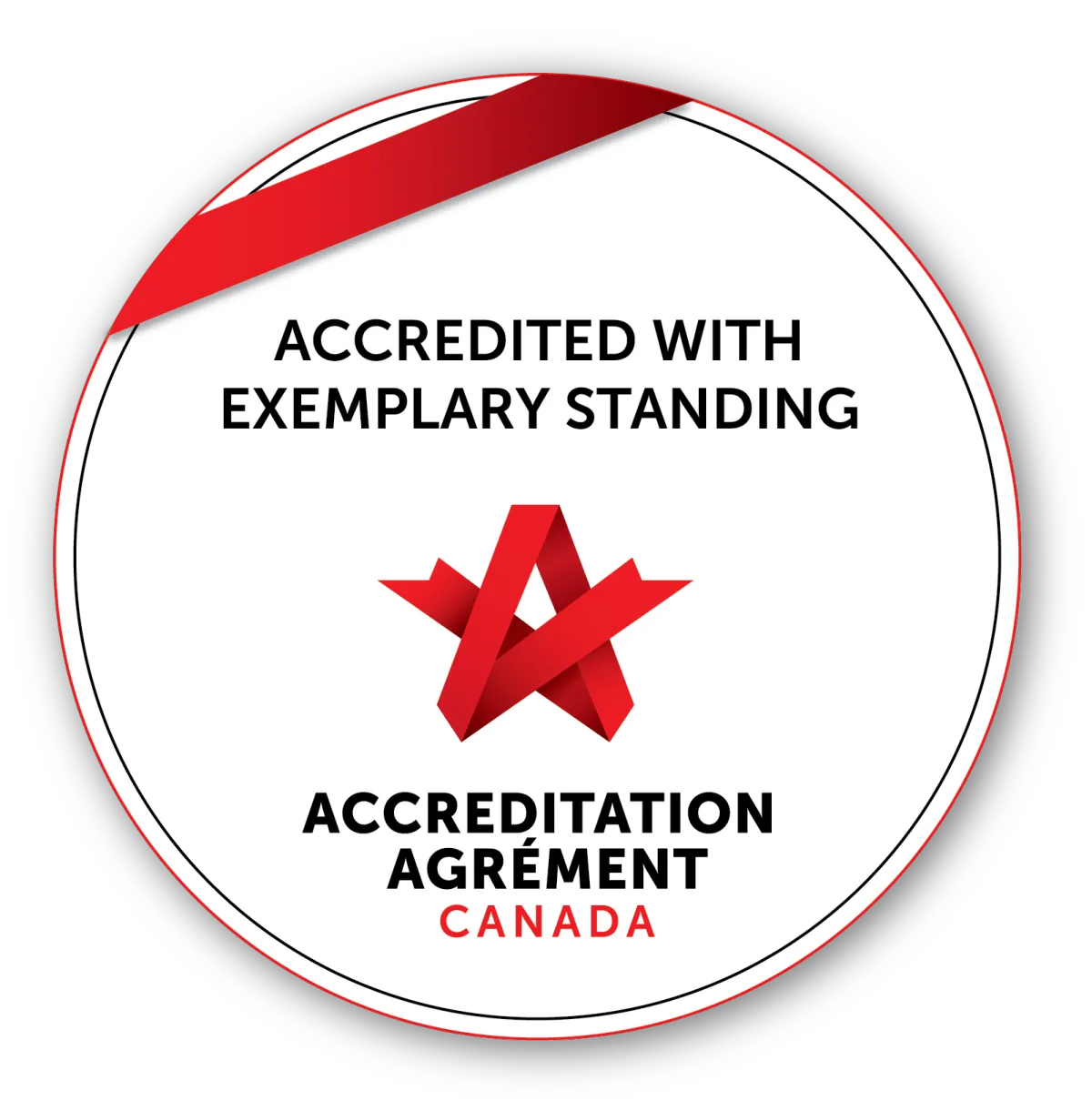Accredited Private Treatment

Accreditation Canada ensures the highest quality of care and treatment for yourself or your loved one. Addiction Rehab Toronto is a fully accredited in-patient faciltiy with Exemplary Standing. With a score of 98%, we provide effective treament and long lasting care.
Addiction & Mental Health Treatment
As featured in

Saving Lives... Reuniting Families

Medical Detox
Our Addictions Doctors and Registered Practical Nurses provide physical and medical treatment to overcome any withdrawal symptoms and ensure you are healthy.



Psychotherapy & Counselling
Our licensed psychotherapists and counsellors provide group therapy, one-on-one individualized therapy, and psychoeducational classes to heal any mental health issues.

Life-time Aftercare
Post-treatment, we provide lifetime access to our relapse prevention and sobriety maintenance program. Counselling and support is provided 3 times per week. This is at no additional cost!



Life-time Family Care
Addiction is not a personal failing—it is a complex, life system problem that affects families too, not just individuals. That’s why our approach to care goes beyond the person struggling with substance use. We are deeply committed to supporting families as a whole at no additional cost!
Testimonials


J.A

Addiction rehab Toronto saved my life!!! The staff was extremely helpful. The amazing 24 hour nursing staff provided over the top professional care. I finally have peace and hope for my future. Thank you to all staff for helping me transform my life.


E.D

The people are compassionate and caring and go the extra mile to ensure their clients get the help they need. The counsellors are very good at what they do. Highly recommend this place!!


Y.M

I must say. I’ve been personally to about 16-17 treatment centres all over the country and some were even overseas, but I must say the one that finally was able to break my shell, the programs they have was amazing.
Begin Your Path to Recovery - Free Initial Assessment
I understand I am seeking private care options. The services I am seeking are not covered under Ontario's Health Insurance Program (OHIP).
Frequently Asked Questions
Answers To Commonly Asked Questions
What is Medical Detox?
When alcohol and psychoactive substances are taken frequently, the body builds a tolerance and changes to accomodate it. This is known as tolerance. When the substance of choice is removed, the body can experience physical issues called withdrawal. The doctors may prescribe medication to ease symptoms of withdrawal and nurses provide 24/7 care to ensure comfort while the body returns to a normal place.
How do you ensure the safety and quality of care?
Accreditation Canada is a governing body that ensures we provide the highest level of treatment and care. With a score of over 98%, you can feel safe that you or your loved one will receive exemplary treatment.
Is treatment be covered by insurance?
Yes, to ensure coverage it is important to call in and speak with one of our Admissions Counsellors. They will provide all of the information needed to secure coverage for treatment.
Who can benefit from in-patient treatment?
If you are struggling with addiction and/or mental health, we can help. Our licensed professionals are trained in a variety of treatment modalities and we assign the appropriate care provider to you.
Are your practitioners licensed and trained?
Yes, all of our practitioners not only have lived experience, but also the necessary education as required to help those struggling in Canada.
What is the process to start treatment?
To get started, please fill out one of our forms on this page or call in at: (705) 999-8333. Admissions Counsellors are standing by to help.

